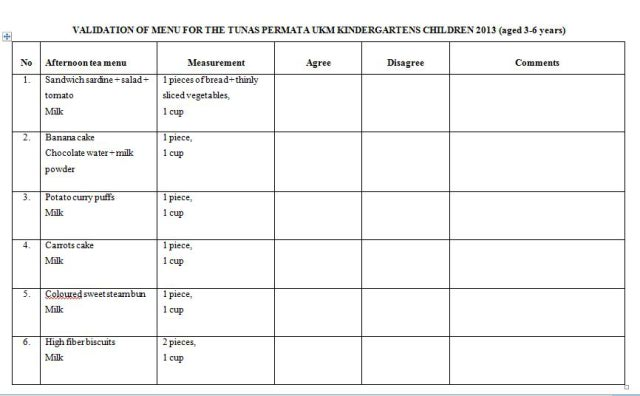Protein (albumin) levels
Question
Hello and thanks for doing this on All Experts. My mother-in-law has been in the hospital for an extended stay, she has been home now with us for about two weeks. She lost her appetite while in the hospital as a side effect of antibiotics. She has been off those antibiotics but has a serious protein deficit which has resulted in fluid buildup in her lungs and compartment blisters on her feet. Her primary care and specialists all concur that this is because her albumin levels are half of what they should be. Her appetite is still depressed but she is working hard to recover and has been placed on an appetite stimulant recently but we don't expect any real affect from that for about two weeks.
At the beginning of the week, we created a daily bar graph which shows her how much protein she needs to eat (total calories as well w/carbs and fats but we're really focused on the protein right now) We calculated her requirement based on 0.8 times her weight in kilograms. It comes out to about 48 grams per day and our daily target has been 50 grams. She's done well with this for the last few days and we've hit our mark. ( In reality, we really suspect that she wasn't coming close to 50 grams for a couple years, she eats like a bird and is 86 years old.)
My question is, should our target number be higher since she's wasted some muscle mass and has been chronically low for the last couple months? It's a chore to get her to eat and we're all trying hard but any guidance would be greatly appreciated, especially regarding total daily protein intake in this situation.
Hello Bill,
I appreciate your situation, and while I cannot answer questions about a specific person (of course, I have never seen your mother!) I can give you some general information I think will be helpful :)
Low protein levels in the blood often result in fluid pooling where it should not be, but fluid buildup in the lungs is usually congestive heart failure.
The protein needs of 0.8 grams per kilogram are certainly based on a healthy person to stay healthy. When a patient is in the hospital, stressed and ill, and with a low serum albumin level I aim for them to get nearly 50% more (unless there is also a decrease in kidney function, in which case extra protein could do more harm than good).
Many older people who live alone don't get enough protein. There are lots of supplemental beverages to help with this. You may have seen a product called Ensure or Boost on the market, and these are great sources of calories, protein, and other nutrients in a tasty milkshake-like drink. There are also juice-like drinks (Enlive) for those who don't like the milky taste.
If you don't see them in your local drug store or supermarket, the manager is usually happy to order them for you.
Other high-protein foods that are well-tolerated include egg whites (try making a little omelet or an eggsalad sandwich with or without the yolk), yogurt, cottage cheese, and pudding made with real milk (the pre-packaged pudding cups rarely contain milk).
Non-fat dry milk can also be added into other foods (mashed potatoes, soups, pancakes) without being noticed and add a nice amount of protein.
Again, I cannot recommend a specific protein level because I don't have your mother's medical records. You should go by what her doctor recommends since there are some conditions in which high-protein is not advocated.
Kudos to your doctor for starting her on an appetite enhancer. There are several if this one does not work; keep trying :)
Also, let her help plan meals and give her choices (would you like some soup for lunch today or an egg-salad sandwich?) so she doesn't feel like she's being forced into eating. Encourage sips of a high-protein supplement in between meals so the drink does not make her too full to eat the wonderful meal you have provided.
She is lucky to have you taking such good care of her!
Good Luck,
Laurie
- Prev:Mercury in Canned Tuna
- Next:Face weight loss
Related Articles
-
Need to lose 110 pounds
Questionwell im 17 im turning 18 in a few weeks and im 287 im abo
-
Dietry Cholesterol
QuestionTodd, I needed to know how much Chicken(skin removed) an
-
Eating nuts
QuestionI understand that eating nuts is good for you. Is peanut
-
Underweight issues
QuestionI am 6 tall and currently 160lbs. I want to be up to 180
-
total cereal
QuestionIm a 60 yr old male and may or may not be deficient in ei
-
Is distilled water a diuretic?
QuestionHello, I have heard alot about making a drink with distil



